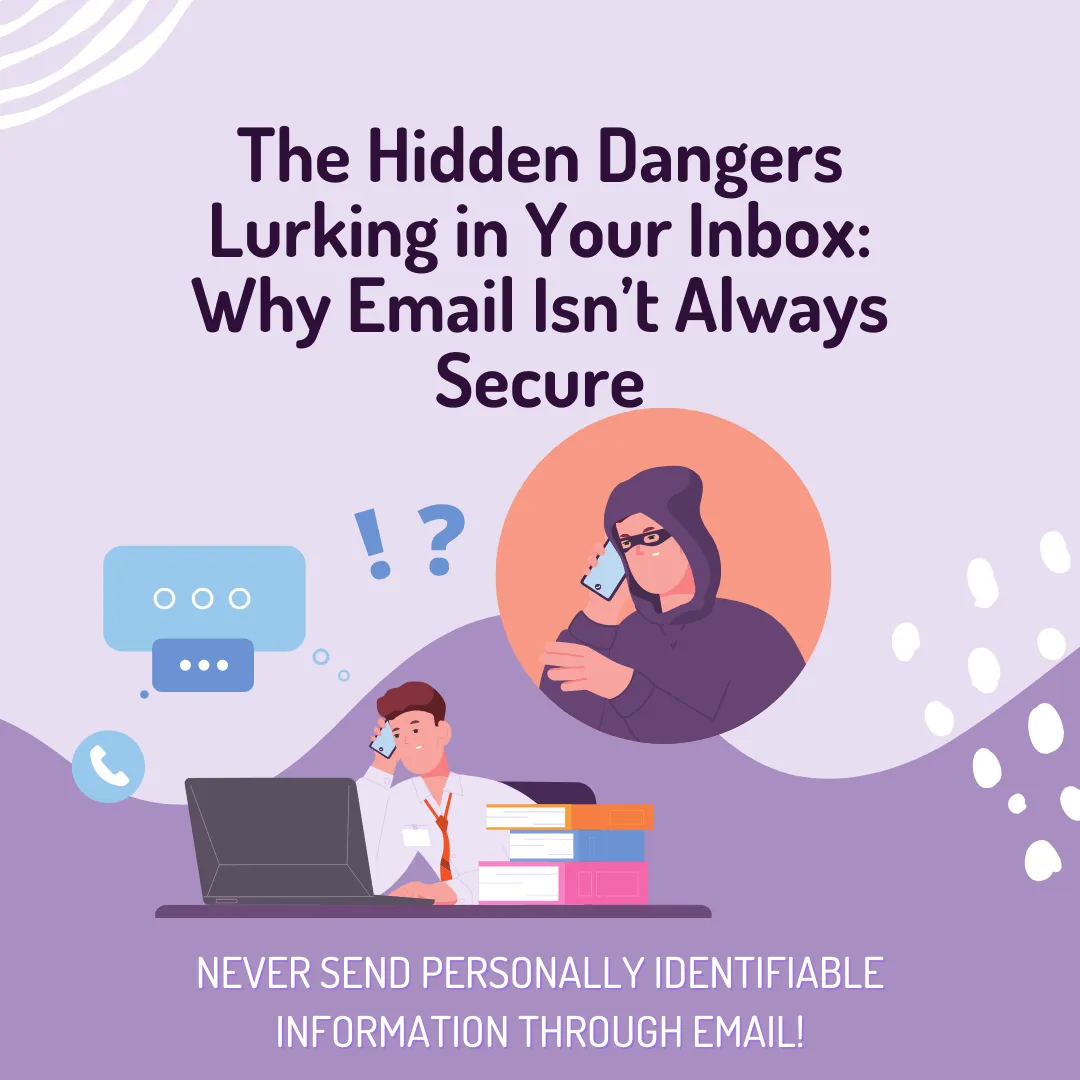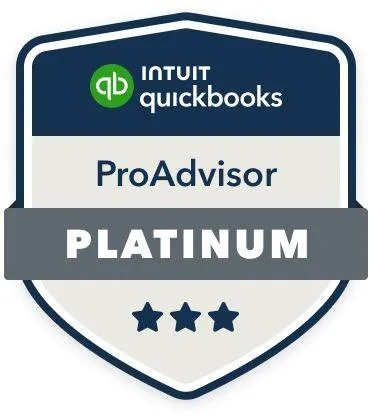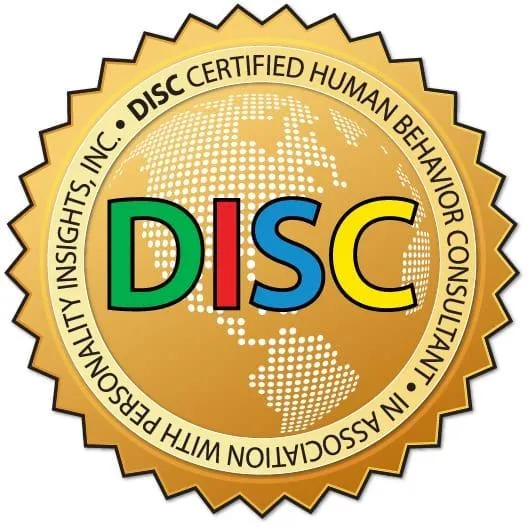The Hidden Dangers Lurking in Your Inbox:
Why Email Isn't Always Secure

In today's fast-paced digital world, email has become an indispensable tool for communication. We use it to connect with family, friends, colleagues, and businesses. But while email offers convenience and speed, it also poses significant security risks, especially when it comes to sharing sensitive information. It's crucial to understand these risks and take proactive steps to protect your data.
Think of email like sending a postcard. While you might seal it in an envelope, there's still a chance someone along the way could intercept and read its contents. Email works similarly. While it might seem private, emails travel across multiple servers and networks, making them vulnerable to interception by hackers or malicious actors. These individuals can exploit vulnerabilities in email systems to access sensitive information, leading to identity theft, financial fraud, and other serious consequences.
Personally Identifiable Information (PII) is any data that can be used to identify an individual. This includes things like your name, address, social security number, bank account details, medical records, and more. Sharing PII via email significantly increases the risk of it falling into the wrong hands. Even if you trust the recipient, you can't guarantee the security of their email system or the networks your email travels through.
This isn't just about one company's email practices. The risks are inherent in the email system itself. Even if a business has robust security measures in place, a hacker could still target the email provider or intercept the email during transmission. Therefore, it's essential to adopt a cautious approach to sharing PII via any email, regardless of who you're communicating with.
So, what can you do to protect your sensitive information?
Avoid sharing PII via email: The best way to protect your PII is to avoid sending it via email altogether. Consider alternative methods of communication, such as secure messaging apps, encrypted file sharing services, or phone calls.
Use secure portals: Many businesses offer secure online portals for exchanging sensitive information. These portals use encryption and other security measures to protect your data. If a business offers a portal, use it.
Be wary of phishing scams: Phishing emails are designed to trick you into revealing sensitive information. Be cautious of any emails that ask for your login credentials, passwords, or other personal details. Never click on links or open attachments from suspicious emails.
Use strong passwords: Protect your email account with a strong, unique password. Avoid using the same password for multiple accounts.
Keep your software updated: Ensure your operating system, web browser, and antivirus software are up to date to protect against known vulnerabilities.
While email is a convenient communication tool, it's not always the safest option for sharing sensitive information. By understanding the risks and taking proactive steps to protect your data, you can significantly reduce your chances of becoming a victim of a data breach. Remember, when it comes to PII, it's always better to err on the side of caution.
Ask a Question




Stay Informed
Let us help put your money back where it belongs!
Get exclusive offers and secrets for cutting your tax and keeping your cash with our tax-filing and planning strategies
Visit our Location
610 Palo Pinto St, Weatherford, TX 76086
Give us a Call
(817) 596-8060
Send us a Message
Extra Navigation
Home
About Us
Tax Services
Free Resources
Book Appointment
Opening Hours
Monday - 9:00 - 5:00
Tuesday - 9:00 - 5:00
Wednesday - 9:00 - 5:00
Thursday - 9:00 - 5:00
Friday - By Appt Only
Saturday & Sunday - CLOSED
